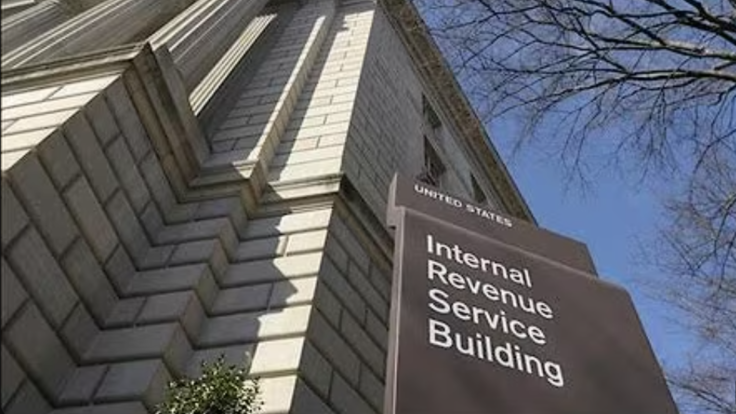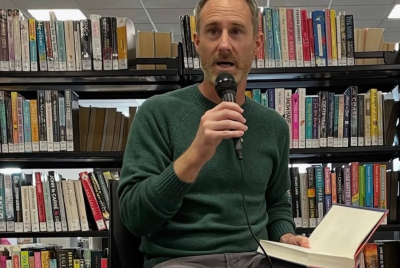No Bank Account? Your IRS Refund Could Vanish Into Limbo

Millions of Americans could soon find their tax refunds out of reach as the Internal Revenue Service (IRS) prepares to end paper refund cheques in favour of direct deposit and other digital payment methods.
The move, set to take effect on 30 September 2025, follows a White House directive under Executive Order 14247 designed to modernise government transactions, cut costs, and reduce fraud. But the shift is fuelling fears that it could push millions of unbanked citizens into financial limbo, according to the US Department of the Treasury and the IRS.
But the shift is fuelling fears that it could push millions of unbanked citizens into financial limbo.
Millions May Be Left Behind
According to the National Taxpayer Advocate, more than 94 per cent of US taxpayers already receive refunds electronically. Yet millions remain reliant on paper cheques due to barriers such as limited banking access, lack of identification, or mistrust of online systems.
Low-income families, undocumented workers, and rural residents are among those most at risk.
Many are unable to open bank accounts because of high fees, poor credit records, or a lack of identification.
A report to the American Bar Association (ABA) warned that for these groups, 'no free option exists for receiving electronic refunds' once paper cheques are eliminated.
'I've never had a bank account,' said Angela Green, a single mother from Ohio who relies on her tax refund every year to pay bills.
'If they stop sending cheques, I don't know how I'll get my money. I can't afford to lose it in some online system I don't understand,' she said.
Americans Abroad And Religious Communities Also At Risk
The change could also hit US citizens living abroad, since the IRS does not currently allow refunds to be sent to most foreign bank accounts, according to Thomson Reuters.
Meanwhile, religious communities such as the Amish and Mennonites, who avoid electronic transactions, face similar exclusion unless granted exceptions.
The IRS says limited exemptions will exist for those unable to use electronic payments, but watchdogs say the process is unclear and could delay refunds for weeks or months.
IRS Defends Shift As Safer, Faster And Cheaper
In an official statement, the IRS said the change will make the refund system 'safer, faster and more efficient,' noting that paper cheques are '16 times more likely to be lost, stolen or tampered with' than direct deposits.
The agency said most taxpayers can receive their money within 21 days through direct deposit after filing electronically.
Taxpayers who fail to include bank details on their 2025 returns could face delays of up to six weeks before the IRS issues a paper refund, if they qualify for an exception.
To ease the transition, the IRS is urging taxpayers to open a low-cost bank account, use prepaid debit cards that accept direct deposits, or link digital wallets to receive refunds.
Critics Warn Of 'Digital Divide' In Tax Refunds
Tax experts and advocacy groups have criticised the rapid pace of the rollout.
The Tax Law Centre at NYU said in a recent blog that the policy risks 'harming taxpayers who lack access to affordable financial services' and could push vulnerable households into costly fintech platforms or prepaid products with hidden fees.
Privacy advocates have also raised security concerns, warning that requiring millions to share sensitive banking data with the IRS increases the risk of data breaches.
What Taxpayers Should Do Now
Experts recommend that taxpayers who do not yet have bank accounts take action before the 2025 filing season.
The FDIC's GetBanked programme and community credit unions are offering low-cost or no-fee accounts to help bridge the gap.
Those unable to use direct deposit can request a hardship exception, but the process may take time.
'Taxpayers who wait until next year to fix this could face serious delays or even lose access to their refunds,' the ABA report warned.
As the IRS's paperless revolution looms, the agency insists the benefits outweigh the risks. But for millions of unbanked Americans, the message is stark: adapt or risk seeing your refund disappear into limbo.
© Copyright IBTimes 2025. All rights reserved.




















